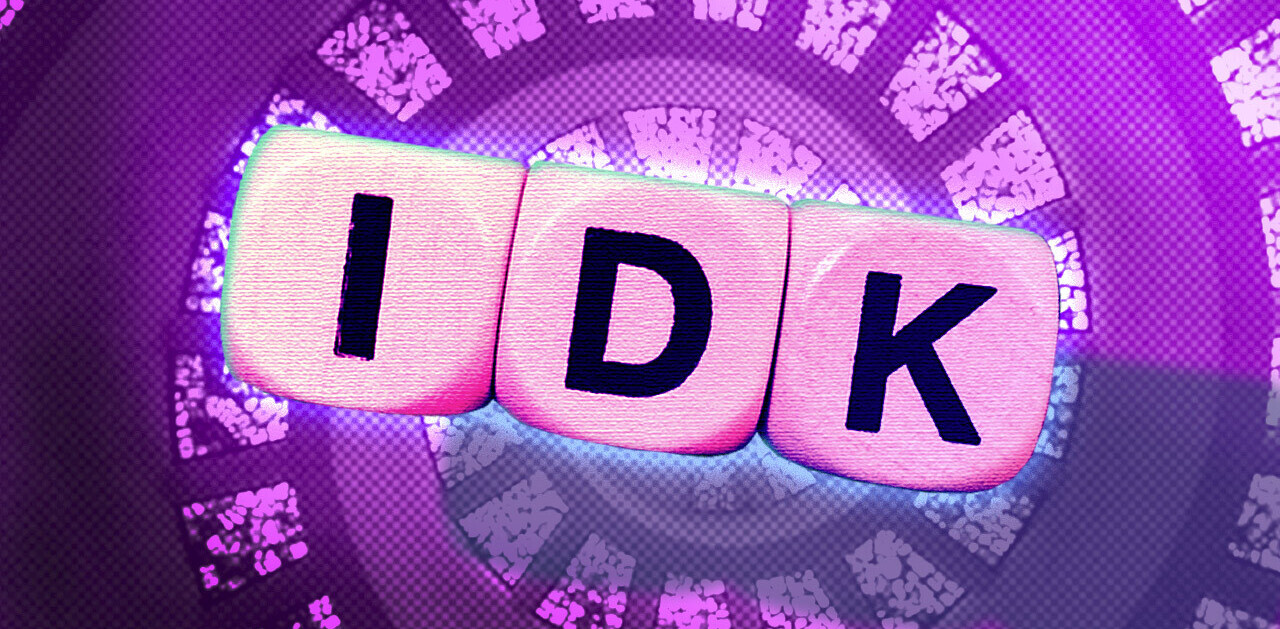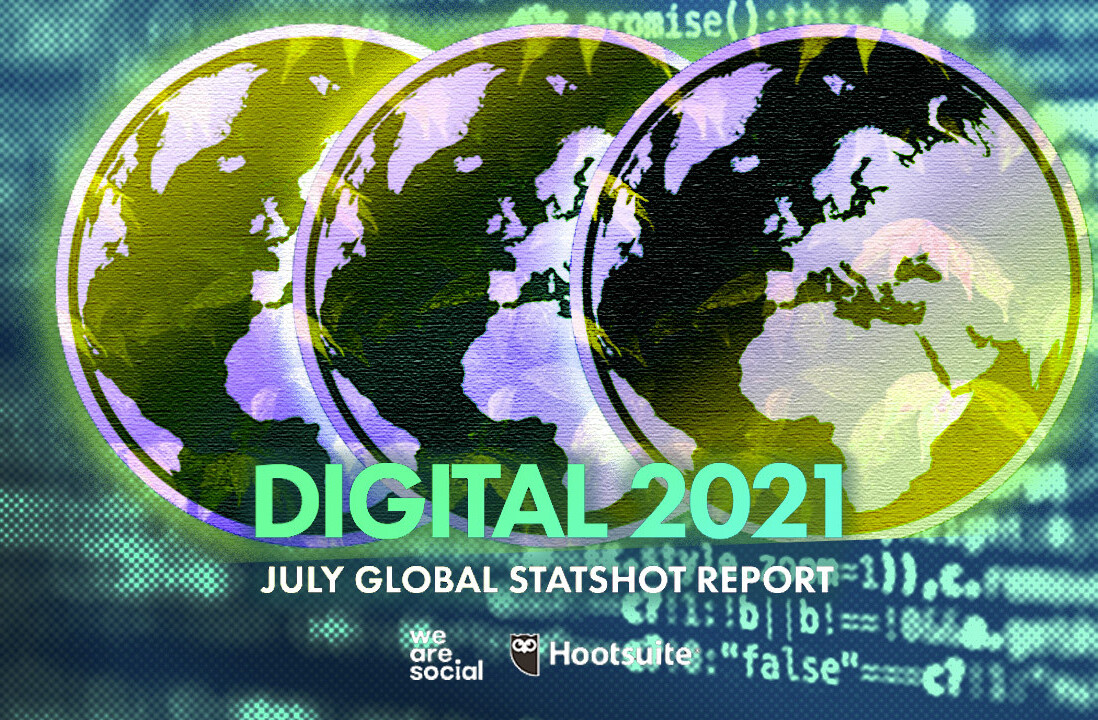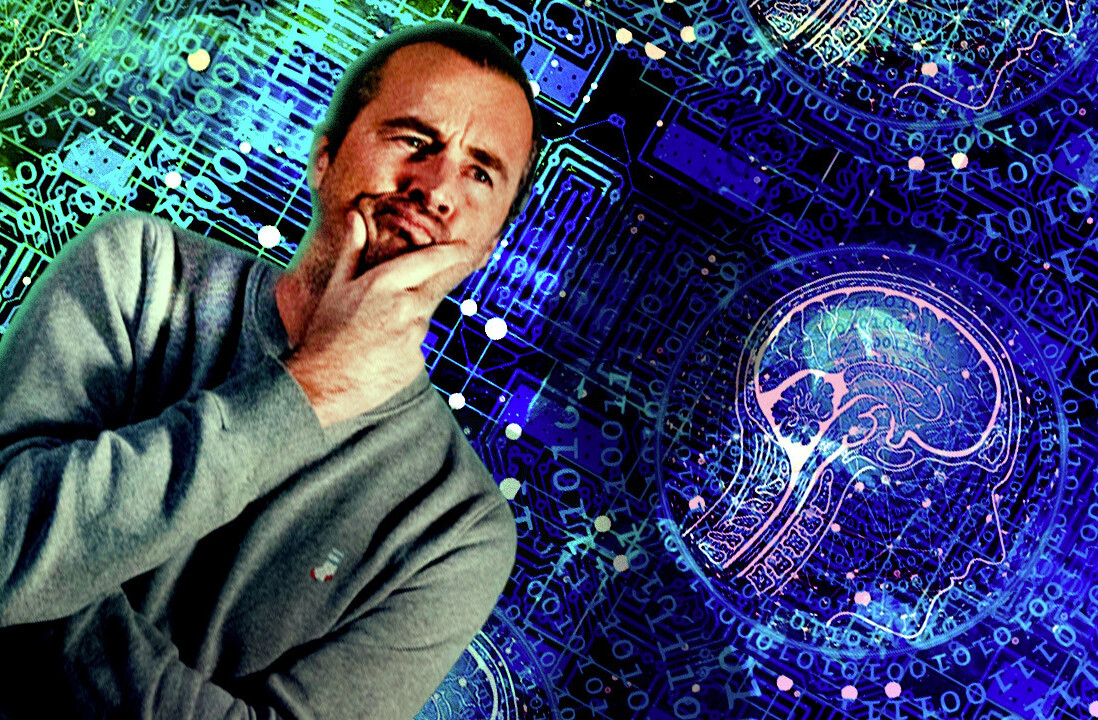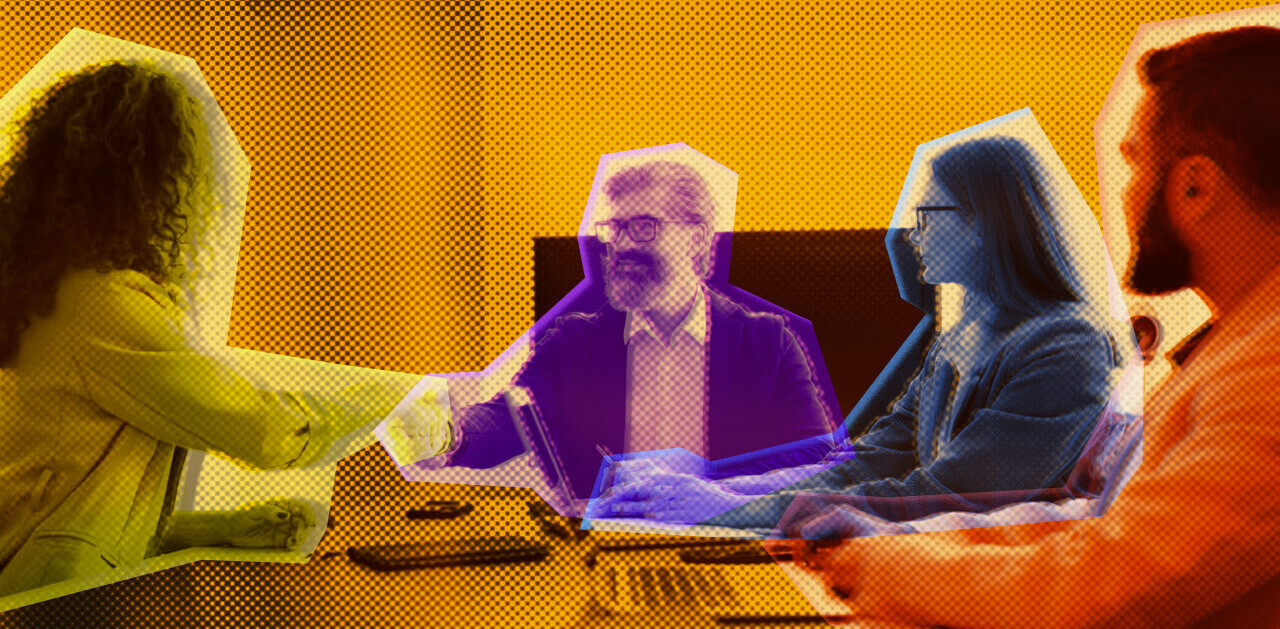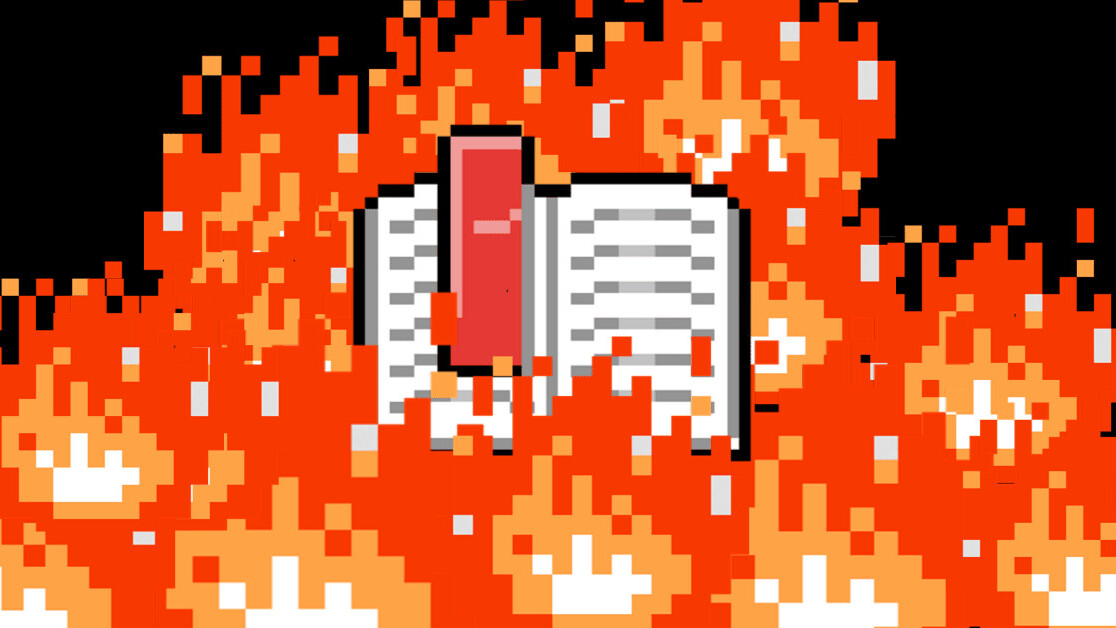
Microsoft shuttering its ebook store is hardly the end of the world. The Kindle customer base is, by all accounts, predominant in this space. Not all product launches succeed — some fail. That’s business. And, to be fair in disclosing the “other side,” Microsoft is offering coupons to make up some of the lost value their ebook customers are experiencing.
But it gives one pause — and should give one pause. Combined with the news that Apple is retiring the iTunes brand, these developments could result in consumers who purchased content having it completely wiped from their devices without notice.
Sherman, set the WABAC machine for 1967
I’m one of those boomer kids who acquired the book-buying habit young. I started buying a few books, either on the ‘cheap table’ at the Woolworth’s (the original retail chain of “five and dime” stores) or from such used books outlets I could find. Many of those cheap little texts, I still have.
But let’s back up further into history. Why are there used bookstores in the first place? Essentially, there are used bookstores because a) the codex form of the book (that is, the cardboard-and-paper binding of many pages) is durable and can be passed from hand to hand, and b) an early Supreme Court decision (Bobbs-Merrill Co. v. Straus, 1908) held that the trade in used books is legitimate.
In other words, under the First Sale Doctrine of copyright law, once you buy any medium containing a copyrighted work (whether book or DVD or physical photograph), the medium is yours to keep, sell, or even destroy (you monster!), even though, under First Sale, you are not permitted to make additional copies of what is recorded on the medium.
That is, although books contain intangible intellectual property, the copyright protected work of which the copy of the book is but a single instance, the physical copy you hold in your hand of the book – the paper, the ink and the binding — is treated as a trade good. It is a vendible item of chattel like a candy bar or a hat. And, most important for purposes of our discussion, it was made to be read at any time, without access to any server, and, like an emancipated child, it bears no further relation to the press where it was printed.
The point of this ancient history is to establish a context. In that context, books are seen as cultural artifacts which we purchase, hold on to and, yes, read (sometimes).
In our time, though, digital is indeed proving to be different. Ebooks, as it turns out, aren’t treated the same, in either technology or law, as paper books are. Functionally, legally, and (most importantly) culturally, they aren’t treated equivalently to traditional hardbound books at all. Maybe, even here in the 21st century, and as Nick Douglas suggests at the blog Lifehacker, “You should own your favorite books in hard copy.”

A couple of decades ago (1997), economist Hal Varian wrote incisively about “information goods” as bearing certain unique and valuable characteristics. His essay still makes for good reading. But what has emerged since he wrote, back in the ‘90s, is that in many instances “information goods” are not properly goods at all. They are better understood as services.
When Microsoft terminated its ebooks store — a service — it did not have to recall the books it had vended; instead, it terminated access to them. In essence, although the books continue to exist as intellectual property, those copies of the books just went away at the sole discretion of the provider, subject only to any contractual obligations (which Microsoft has sought to ameliorate by reimbursing its customers, although to be fair, it is not clear that the company is under any legal obligation to do so).
This is far different than in the traditional world of new- or used-bookstores, where you walk the aisles, browse, buy and take home the product. If the book subsequently goes out of print, the publisher does not come to your house and take it out of your bookcase. That would be considered, umm, larceny?
Goods or service?
So which is it? Is an ebook a good or a service? I have a friend who would observe—with great accuracy in such circumstances — that “it depends.” A digital file may be a good or a service, depending on the nature of what’s in the file and the circumstances.
So, for example, in many states, digital files that contain, say, video games or business software are subject to sales tax (suggesting that they are treated as a good for that purpose and, incidentally, that, from the state’s point of view, the transaction is a sale). A digital file that automatically opens up a SaaS connection to some network may well be a service (not properly subject to sales tax).
With those sorts of non-essential services, there is no agreement or requirement to keep providing the servers. And it’s not just Microsoft; as David Lazarus wrote for the LA Times a couple of years ago, “When you buy digital content on Amazon or iTunes, you don’t exactly own it.” While true, this cuts against good old First Sale Doctrine to the extent (and, legally-speaking, only to the extent) that that is a deep-rooted buyer/consumer expectation.
What we’ve learned and should bear in mind, I think, is that if content that appears to be carried on digital media require a remote server of any sort to be accessed, delivery of that content should be viewed as and treated as a service. In contrast to content purchased on good old hard-copy media, this may not be as good a deal for the consumer, but it is increasingly a part of the cultural world we inhabit.
On balance, I’m not at all sure that’s a good thing. Goods may degrade, certainly — the covers are falling off of some of my old books now. They have dog-ears and the pages of the cheaper ones are brittle. But, no matter how much they may be rendered worn-out or obsolete, they can’t be vaporized simply by an anonymous someone throwing a switch in the cloud.
In this context, I find that fact somehow comforting. Curl up with an old book today!
Get the TNW newsletter
Get the most important tech news in your inbox each week.

